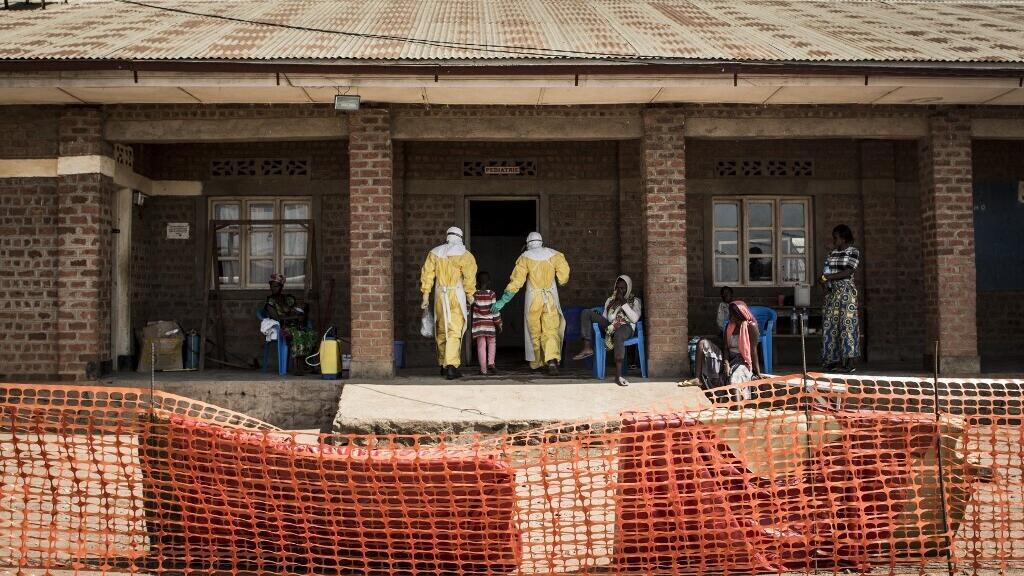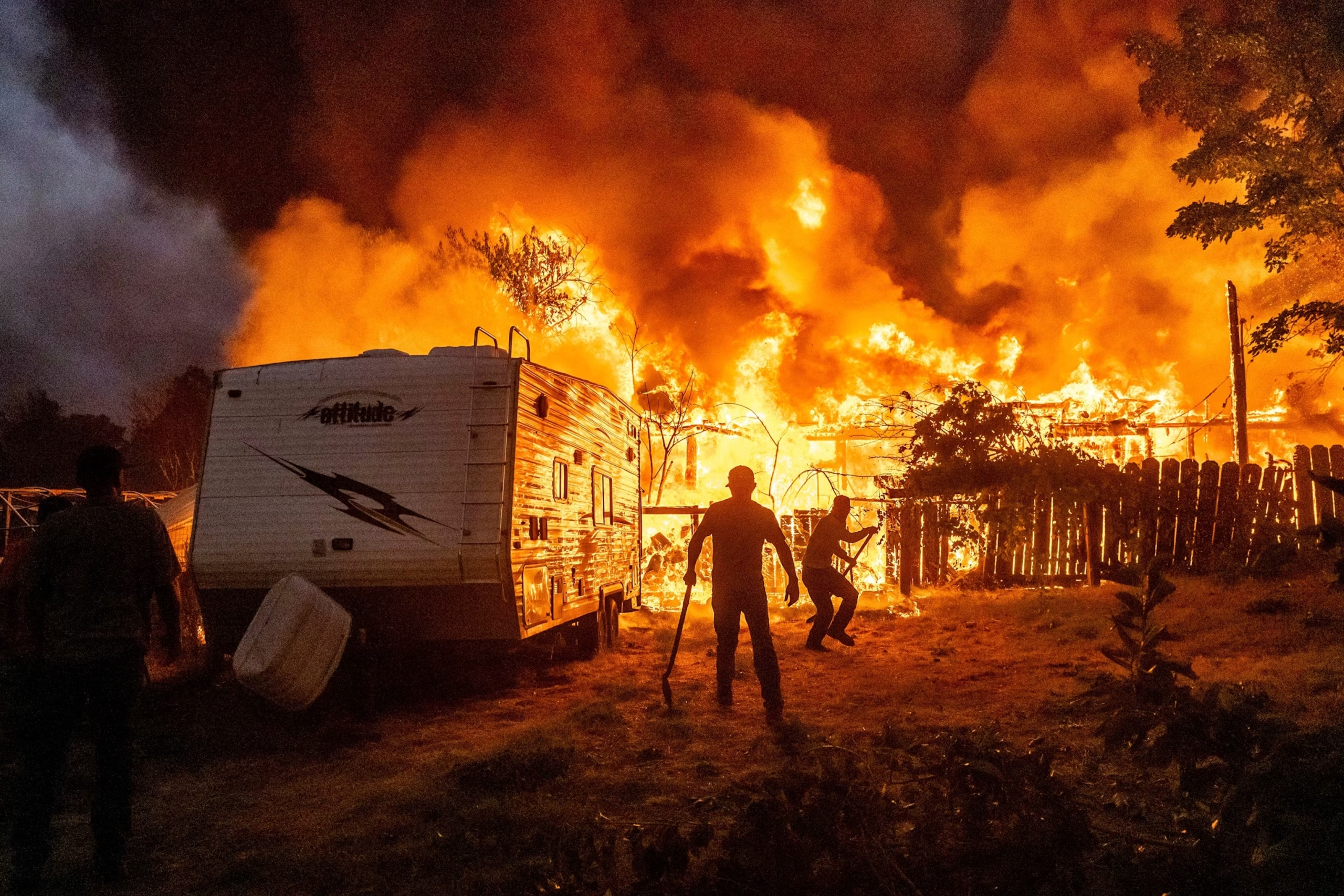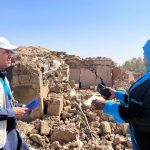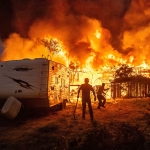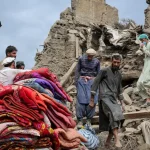A suspected Ebola outbreak in the Democratic Republic of Congo (DR Congo) has alarmed global health authorities after reports of at least 15 deaths linked to the deadly virus. The Central African nation has experienced multiple Ebola outbreaks in recent decades, making the disease a recurring public health challenge. While local authorities work to confirm cases and contain the outbreak, communities are grappling with fear, misinformation, and strained healthcare systems.
- The Context of Ebola in DR Congo
- Details of the Suspected Outbreak
- Challenges Facing Containment Efforts
- Global Implications and Preparedness
- Impact on Local Communities
- Historical Context: Ebola in DR Congo
- Expert Analysis
- Preventative Measures and Public Health Guidance
- The Broader Humanitarian Context
- FAQs
- What is Ebola and how is it transmitted?
- How deadly is Ebola?
- What measures are being taken in DR Congo?
- Are neighboring countries at risk?
- What role do vaccines and treatments play?
- Conclusion
Ebola, known for its high fatality rate and rapid transmission, presents significant challenges in regions with limited medical infrastructure. This suspected outbreak underscores the urgent need for effective monitoring, international cooperation, and swift medical response. The following article delves into the origins, impact, and global implications of this suspected outbreak, while highlighting the efforts to curb its spread and protect vulnerable populations.
The Context of Ebola in DR Congo
Ebola virus disease (EVD) is a severe, often fatal illness caused by the Ebola virus. Since its discovery in 1976 in the Democratic Republic of Congo, the virus has periodically resurfaced, often in rural areas where healthcare access is limited. The nation’s eastern provinces, in particular, have been epicenters of multiple outbreaks due to a combination of environmental, social, and infrastructural factors.
DR Congo’s complex landscape—characterized by dense forests, rivers, and porous borders—creates ideal conditions for zoonotic transmission. The Ebola virus is believed to originate from bats and other wildlife, which can infect humans directly or indirectly. Subsequent human-to-human transmission occurs through direct contact with bodily fluids, contaminated objects, or infected individuals.
Past outbreaks in DR Congo, such as the devastating 2018–2020 outbreak in North Kivu, claimed over 2,200 lives. These experiences have shaped both public awareness and health response mechanisms, although persistent instability and limited resources continue to challenge containment efforts.
Details of the Suspected Outbreak
The current suspected outbreak has been reported in a remote region of DR Congo. Health authorities have confirmed 15 deaths so far, with dozens more individuals under observation for symptoms consistent with Ebola, such as fever, severe weakness, vomiting, diarrhea, and unexplained bleeding.
Local health officials are working closely with the World Health Organization (WHO) and other international partners to investigate and confirm cases through laboratory testing. Rapid diagnostic tests are being deployed to distinguish Ebola from other endemic diseases, such as malaria or cholera, which share overlapping symptoms.
The suspected outbreak has prompted heightened surveillance in surrounding areas, with health teams conducting contact tracing, monitoring travelers, and educating communities on preventative measures. Temporary isolation units are being established to treat suspected cases while minimizing the risk of transmission.
Challenges Facing Containment Efforts
Containing Ebola in DR Congo presents unique challenges. Many affected regions are remote and difficult to access, limiting the speed and scope of health interventions. Roads are often impassable during the rainy season, and local communities may have limited trust in government authorities due to years of conflict and displacement.
Misinformation also complicates response efforts. Rumors and fear can lead residents to hide sick relatives, avoid medical treatment, or engage in unsafe burial practices—practices that increase the risk of viral transmission. Community engagement and culturally sensitive messaging are therefore critical to the success of containment strategies.
Additionally, healthcare facilities in affected areas are frequently under-resourced. Hospitals may lack sufficient personal protective equipment (PPE), isolation wards, and trained personnel to manage highly infectious diseases. International support from organizations such as WHO, Médecins Sans Frontières, and UNICEF plays a vital role in bridging these gaps, though logistical constraints remain significant.
Global Implications and Preparedness
Ebola outbreaks in DR Congo often raise concerns beyond national borders due to the virus’s high mortality rate and potential for international spread. While the disease is not airborne and requires direct contact for transmission, global travel and trade mean that vigilance is necessary.
International health agencies have been quick to respond, deploying rapid response teams, medical supplies, and expert epidemiologists to assist local authorities. The WHO has activated emergency protocols and is coordinating cross-border surveillance to prevent the virus from spreading to neighboring countries.
Moreover, lessons from previous outbreaks have led to the development of vaccines and therapeutic treatments. The rVSV-ZEBOV Ebola vaccine, for instance, has been used in outbreak zones to provide ring vaccination for at-risk populations. Experimental antiviral treatments are also being administered under strict medical supervision to improve survival rates among confirmed patients.
Impact on Local Communities
The suspected outbreak has had immediate social and economic repercussions. Communities face fear and uncertainty, often compounded by quarantine measures that restrict movement. Schools may close temporarily, markets may see reduced activity, and routine healthcare services may be disrupted as resources are redirected to Ebola response.
Families affected by Ebola experience both emotional and financial strain. Caring for sick relatives, accessing treatment, and complying with safety protocols place immense pressure on households, particularly in regions already grappling with poverty and instability. Psychosocial support and community engagement programs are therefore integral components of outbreak management.
Historical Context: Ebola in DR Congo
DR Congo’s history with Ebola is long and complex. The country has experienced over a dozen outbreaks, with mortality rates ranging from 25% to 90%, depending on the strain and the effectiveness of the response. The 2018–2020 outbreak in North Kivu and Ituri provinces, which killed over 2,200 people, highlighted the challenges of conducting public health campaigns in conflict zones.
Past experiences have informed current strategies, emphasizing rapid response, community engagement, vaccination, and international collaboration. Despite these lessons, ongoing insecurity and logistical barriers continue to pose threats to timely and effective containment.
Expert Analysis
Dr. Matshidiso Moeti, WHO Regional Director for Africa, noted, “Ebola remains a serious threat in DR Congo, but lessons learned from previous outbreaks have improved our ability to respond quickly. Early detection, community cooperation, and vaccination are key to preventing further deaths.”
Epidemiologists stress that time is critical. Delays in identifying and isolating cases increase the risk of secondary transmission, particularly in densely populated or highly mobile communities. Public health experts also emphasize that combating fear and misinformation is as important as medical intervention in controlling outbreaks.
Preventative Measures and Public Health Guidance
Authorities are urging residents to take specific precautions to reduce the risk of Ebola transmission. Key recommendations include:
- Avoiding contact with blood and bodily fluids of sick individuals.
- Adhering to safe burial practices for deceased individuals.
- Reporting suspected cases promptly to local health officials.
- Following hygiene protocols, including regular handwashing and disinfecting surfaces.
- Participating in vaccination campaigns when offered.
International partners are also supporting the establishment of treatment centers, providing PPE, and training local healthcare workers in infection prevention and control.
The Broader Humanitarian Context
Ebola outbreaks in DR Congo do not occur in isolation. They often intersect with ongoing humanitarian crises, including displacement, food insecurity, and armed conflict. These conditions exacerbate vulnerability and complicate response efforts. Aid organizations must therefore adopt a holistic approach, addressing both immediate medical needs and underlying social determinants of health.
Additionally, Ebola can disrupt other critical health interventions, such as vaccination campaigns for measles, cholera, or COVID-19, leading to a cascade of public health challenges.
FAQs
What is Ebola and how is it transmitted?
Ebola is a viral hemorrhagic fever transmitted through direct contact with bodily fluids of infected individuals, contaminated objects, or infected animals. It is not airborne.
How deadly is Ebola?
Mortality rates vary by outbreak and strain, ranging from 25% to 90%. Early detection, supportive care, and vaccination can significantly reduce fatalities.
What measures are being taken in DR Congo?
Health authorities are conducting contact tracing, setting up isolation units, deploying rapid diagnostic tests, administering vaccines, and educating communities on prevention.
Are neighboring countries at risk?
While Ebola is not highly transmissible without direct contact, cross-border monitoring and surveillance are critical to prevent potential spread.
What role do vaccines and treatments play?
The rVSV-ZEBOV vaccine is used in ring vaccination campaigns to protect at-risk populations. Experimental antiviral treatments can improve survival rates in confirmed cases.
Conclusion
The suspected Ebola outbreak in DR Congo highlights the ongoing vulnerability of regions facing repeated epidemics and constrained healthcare infrastructure. With 15 deaths already reported, swift action is imperative to prevent further loss of life. While the international community provides support through vaccines, medical expertise, and logistical assistance, the cooperation of local communities remains essential for effective containment.
This outbreak underscores the enduring challenges of infectious disease management in complex humanitarian contexts and the importance of preparedness, education, and rapid intervention. By learning from past experiences and prioritizing both medical and social strategies, DR Congo—and the world—can work to reduce the impact of Ebola and protect vulnerable populations from future outbreaks.









